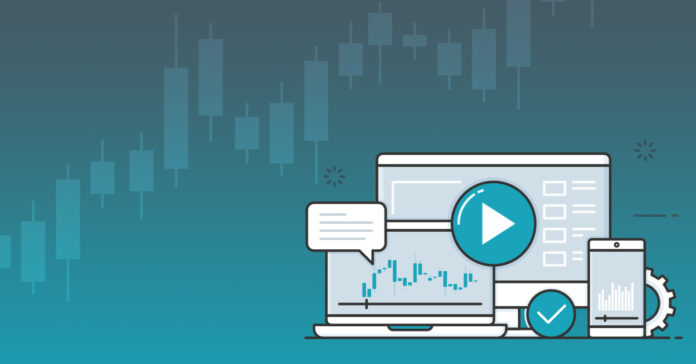Individuals in South Africa can now legally trade Forex. How to become a forex broker in South Africa, all you need is a laptop or other portable device, access to high-speed internet. A modest sum of money (recommend at least R7500) and a sound trading plan incorporates risk management.
To place actual trades in the forex market, you must register with a licensed Forex broker. Over a hundred brokers allow traders from South Africa. Only ‘FSCA & FCA regulated brokers’ have been featured so that you may deal with confidence.
It’s common for forex brokers to ask for a deposit before opening a live trading account, and the amount required varies based on the broker, what they offer, and where they want to trade.
Establishing an Account: –
Choosing a reputable and licensed forex broker is the first step in getting started in forex trading. Finding a “good” broker is critical since the broker has a significant impact on your trade.
How to become a forex broker in South Africa that allows African traders include: Hotforex (FSCA Regulated), XM Trading, Exness, Forextime, Avatrade, FxPro, and countless number of others. Read more about best forex traders in sa
Knowing how to trade foreign exchange: –
First, let’s go over a few keys to how to become a forex broker in South Africa trading phrases that you should be familiar with.
Lots Sizes: Trading in ‘Lots’ is how you buy and sell currency pairs in Forex. Lots are just groups of the currency you’re dealing with, varying names depending on how many of those groups there are. Leverage, margin, risk tolerance, and other considerations will all have an impact on how many lots you can trade.
Leverage: To leverage, you must borrow a particular amount of money and use it to invest in something else. A trader who uses leverage (borrows money from their broker to place an order for a more significant position than their actual capital) is in the forex market. As with any two-edged blade, leverage can boost your profits while also increasing the likelihood of you suffering a more extensive loss.
Margin: Margin is the amount of money in your trading account that you need to have available before placing a forex trade. To start a position with a forex broker, you’ll need to deposit a certain amount of money with the broker. This is known as margin. If your margin falls below the broker’s minimum requirement, you’ll be notified and given instructions on how to bring it back up to the appropriate amount as soon as possible.
Stop Loss: As a result, you can establish a stop-loss level at which you will opt to stop trading if you lose money. Although losses are unavoidable, how you deal with them is critical. Whenever you place a transaction, always put a stop-loss order.
Steps involved in placing a trade on the foreign exchange market: –
Now, look at some real-world trading situations on how to become a forex broker in South Africa. You might go about placing a deal on the foreign exchange market. Let’s say you have a $10,000 trading account and you want to trade EUR/USD. The EUR/USD exchange rate is currently 1.4400. You decide to acquire this currency pair because you believe the EUR/USD exchange rate will rise over the following three months.
Regulation and licensing:
Africa has far fewer possibilities for regulating itself than EU countries have. ESMA-recommended laws prevent many brokers from operating in Africa, so they open offices there instead.
You do not need a license from a regulatory agency in Africa to conduct business there. Without a license, you’ll have to go out of your way to convince clients that your company is trustworthy and worthy of their trust. You should also speak to a lawyer about operating without a license.
Help keep news FREE for our readers
Supporting your local community newspaper/online news outlet is crucial now more than ever. If you believe in independent journalism, then consider making a valuable contribution by making a one-time or monthly donation. We operate in rural areas where providing unbiased news can be challenging. Read More About Supporting The West Wales Chronicle





















